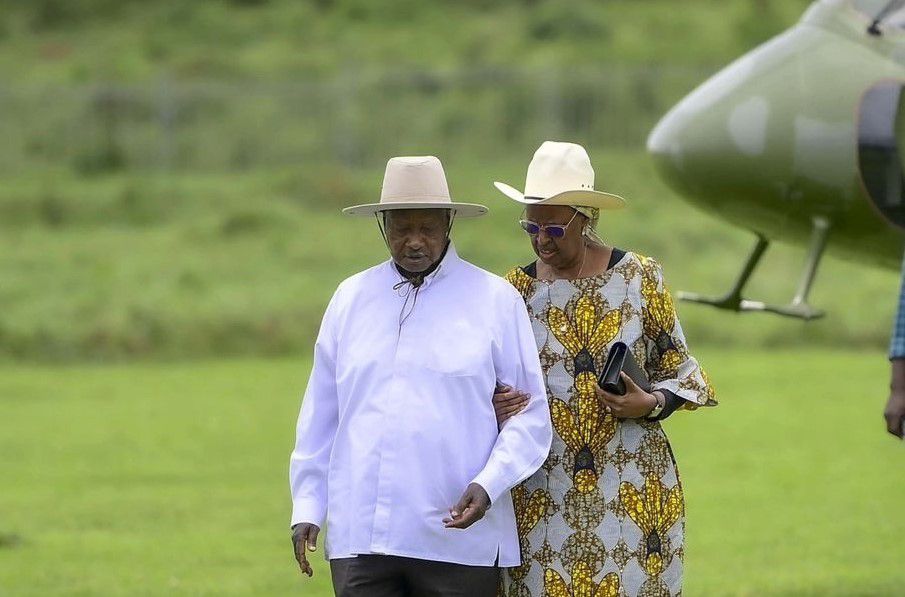The Uganda Bureau of Statistics (UBOS) has officially resumed its nationwide census of schools, a crucial undertaking aimed at accurately counting students and teachers to inform government planning and optimize resource allocation within the education sector.
The Baseline Education Census, initially launched on May 7th by Education Minister Janet Kataaha Museveni, was temporarily suspended due to the conclusion of the first school term.
Diducus Okoth, Principal Communication Officer at UBOS, confirmed that census teams are now back in the field. The exercise will cover all regions of Uganda, beginning with the Central region before extending to Eastern Uganda. UBOS teams will systematically collect comprehensive education-related data from all primary schools, secondary schools, and institutions of higher learning, encompassing both government-aided and private establishments.
A key component of the census involves teachers actively supporting the data collection process for younger learners. Teachers will be responsible for gathering information on students from nursery to Primary Five, including their age, parents’ National Identification Numbers (NINs), and dates of birth. Students in Primary Six and above will be individually interviewed by UBOS enumerators.
This ambitious census is specifically designed to address persistent issues such as the presence of “ghost pupils” and “ghost teachers” within the education system. Such discrepancies have historically led to significant financial losses for the government and severely hampered the effective delivery of education services across the country.
Local officials are appealing for full cooperation from schools and communities. Resident City Commissioner Asumin Nasike issued a stern warning, stating that anyone found obstructing the census exercise would face arrest, underscoring the government’s commitment to the success of this vital initiative.
The outcome of the census is expected to provide robust and accurate data, which will be instrumental in guiding the development of national education policies and ensuring that resources are distributed efficiently to where they are most needed, ultimately benefiting learners and educators across Uganda.
comments








